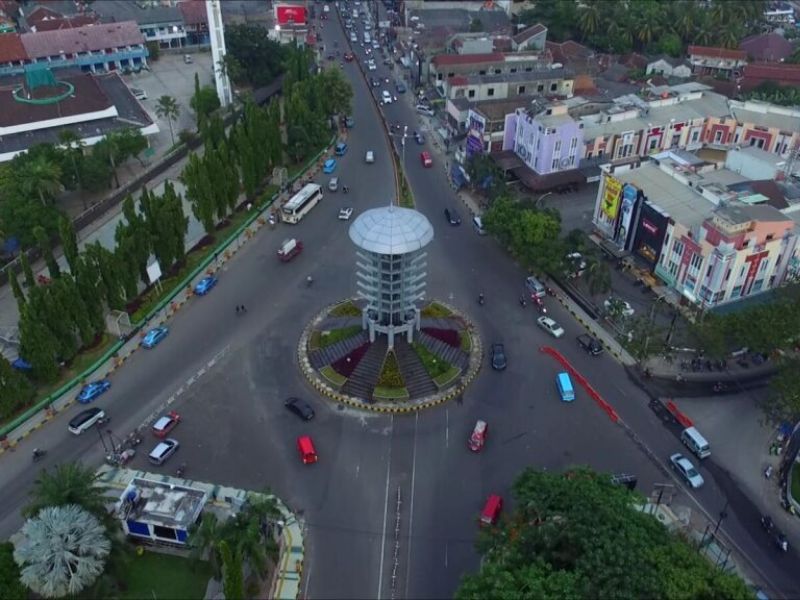Cilegon, Indonesia: A City Without a Church

For more than 30 years, every Sunday at 4 a.m., Abina has had to wake up and rush.
After showering, the 76-year-old woman must take a motorcycle taxi from her home in Cilegon, Indonesia, to the provincial highway and then take a bus to Serang City.
If she were to wake up late, Abina would be late for the 6 a.m. service at the Huria Kristen Batak Protestant Church (HKBP) in Serang City, which is 12 miles from her home, about an hour’s drive.
Because there are no churches in Cilegon, she has had to make this journey for the past 30 years.
Traveling to another city every Sunday morning is certainly not easy for Abina. It costs her a lot of energy, time, and money to worship in her old age.
Cilegon City remains a symbol of the failure of promoting religious pluralism in Indonesia. Despite having more than 6,000 Christians, the city has no churches. This is because efforts to build a place of worship have always encountered difficulties in obtaining permits and have been met with considerable public resistance. Some time ago, the mayor and deputy mayor of Cilegon signed a petition opposing the construction of the church in their area.
UNAIR Human Rights expert Haidar Adam, SH, LLM, stated that church permits in Cilegon often stall at the community approval stage, as existing regulations allow the community to reject the construction of certain houses of worship.
Official government data from 2023 recorded 492 mosques in Cilegon, but no churches, despite 6,979 Christians living there.
Cilegon consistently ranks among the lowest in the Tolerant City Index research published by the SETARA Institute for Democracy and Peace. This research is based on government policies and statements from local officials to serve as a benchmark for a city’s tolerance.
To read more news stories, visit the ICC Newsroom. For interviews, please email [email protected]. To support ICC’s work around the world, please give to our Where Most Needed Fund.
